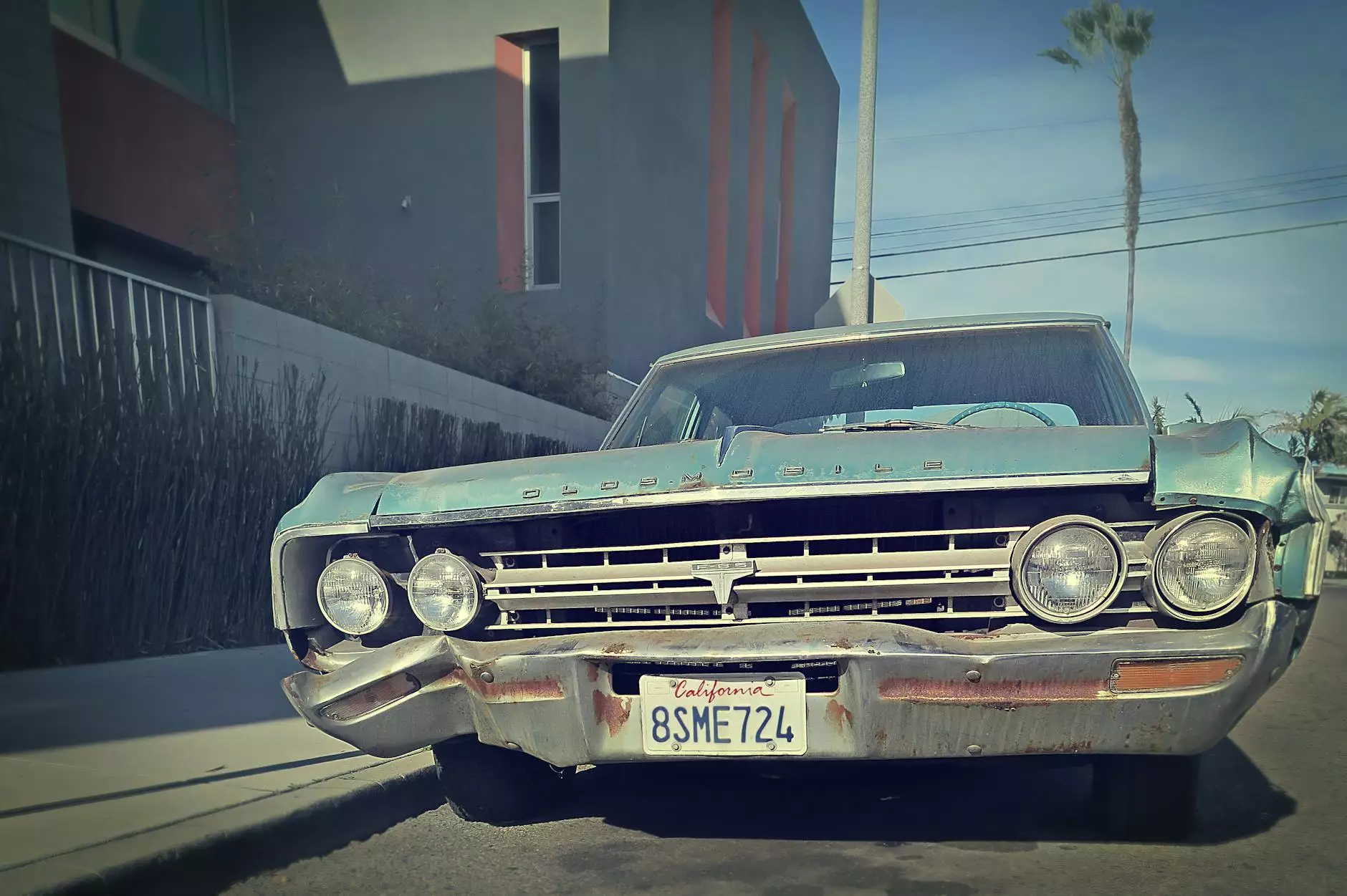The Importance of Engine Block Cylinder in Diesel Engine Parts

The engine block cylinder plays a vital role in the functionality and efficiency of diesel engines. Understanding the importance of this component is essential for anyone involved in the automotive industry, particularly when dealing with diesel engines and their various parts. In this comprehensive article, we will delve into the intricacies of the engine block cylinder, its components, maintenance, and how to choose the best spare parts suppliers. This guide aims to equip you with the knowledge necessary to make informed decisions in your business dealings.
What is an Engine Block Cylinder?
The engine block cylinder is a fundamental component of an internal combustion engine, serving as the structure that houses the cylinders where fuel and air mix and combust to produce power. In diesel engines, the cylinder block is usually made of cast iron or aluminum alloys due to their durability and strength. Each cylinder contains a piston that moves up and down, creating the necessary pressure for combustion.
Key Features of Engine Block Cylinders
- Durability: Engine blocks are designed to withstand high levels of pressure and temperature, making them essential for longevity.
- Cooling Channels: The design includes water or oil passages to aid in cooling, preventing overheating during operation.
- Precision Manufacturing: The precision in manufacturing the engine block cylinder is crucial for engine efficiency and performance.
Types of Engine Block Cylinders
There are generally two types of cylinder blocks used in diesel engines:
1. Inline Engine Blocks
Inline blocks feature cylinders arranged in a single row. This design is common in four-cylinder and six-cylinder diesel engines. They are known for their simplicity and ease of maintenance.
2. V-type Engine Blocks
V-type blocks, on the other hand, have cylinders arranged in a V-shape, which allows for a more compact engine design. These are typically used in larger diesel engines where power requirements are higher.
Common Issues with Engine Block Cylinders
Like any mechanical system, engine block cylinders can encounter issues over time. Being aware of these common problems will help you maintain your engine effectively:
- Cracks: Due to high thermal and pressure stress, cracks can occur, leading to leaks and reduced engine performance.
- Corrosion: Long exposure to coolant can cause corrosion in the cylinder block, affecting its integrity.
- Worn Cylinder Walls: Over time, the cylinder walls can wear out, leading to loss of compression and inefficient operation.
Maintenance Tips for Engine Block Cylinders
To ensure the longevity and optimal performance of engine block cylinders, routine maintenance is crucial. Here are some tips to consider:
- Regular Inspections: Schedule regular inspections to identify potential issues before they escalate.
- Proper Cooling: Ensure that the engine’s cooling system is functioning well to prevent overheating.
- Use Quality Parts: Always opt for high-quality replacement parts when servicing your engine.
Choosing the Right Spare Parts Suppliers
When it comes to sourcing parts for the engine block cylinder, selecting the right supplier is crucial. Here are key factors to consider:
1. Quality Assurance
Ensure that your supplier provides quality assurance for their parts. Look for suppliers who comply with industry standards and offer warranties on their products.
2. Product Range
A good supplier should offer a comprehensive range of diesel engine parts, including various types of engine block cylinders, to cater to different engine models.
3. Customer Service
Effective communication and excellent customer service are essential. A reliable supplier should be responsive to inquiries and provide assistance throughout the purchasing process.
4. Pricing Structure
While it’s tempting to go for the cheapest option, consider the overall value. Compare prices while also factoring in quality and service levels.
How to Improve the Performance of Your Engine Block Cylinder
Improving the performance of your engine block cylinder involves a mix of upgrades and maintenance:
1. Upgrade to High-Performance Components
Consider installing high-performance pistons and rings, which can provide better seal and compression, enhancing overall engine efficiency.
2. Optimize Fuel Delivery Systems
Ensure that your fuel delivery system is optimized for efficient combustion. This may include upgrading fuel pumps and injectors to increase performance.
3. Regular Tune-Ups
A regular tune-up can ensure that all engine components, including the engine block cylinder, are functioning optimally.
Understanding the Diesel Engine Market
The diesel engine parts market is vast and constantly evolving. Being aware of market trends can help you in your business strategy:
- Increased Demand: The demand for diesel engines remains robust in various sectors, including transportation and agriculture.
- Technological Advancements: Innovations in fuel efficiency and emissions regulations are influencing the design and manufacture of engine block cylinders.
The Future of Engine Block Cylinders in Diesel Engines
As the automotive industry moves towards more sustainable solutions, the role of the engine block cylinder will also evolve. Advances in materials science, coupled with new manufacturing techniques, will likely lead to improvements in durability and performance.
Conclusion
Understanding the significance of the engine block cylinder is crucial for anyone involved in diesel engines, from manufacturers to end users. By recognizing the importance of regular maintenance, choosing quality spare parts suppliers, and staying informed on market trends, you can ensure optimal engine performance and longevity. As the diesel engine industry continues to innovate, staying ahead of the curve will position your business for success.
To learn more about high-quality diesel engine parts and find reputed spare parts suppliers, visit client-diesel.com.









